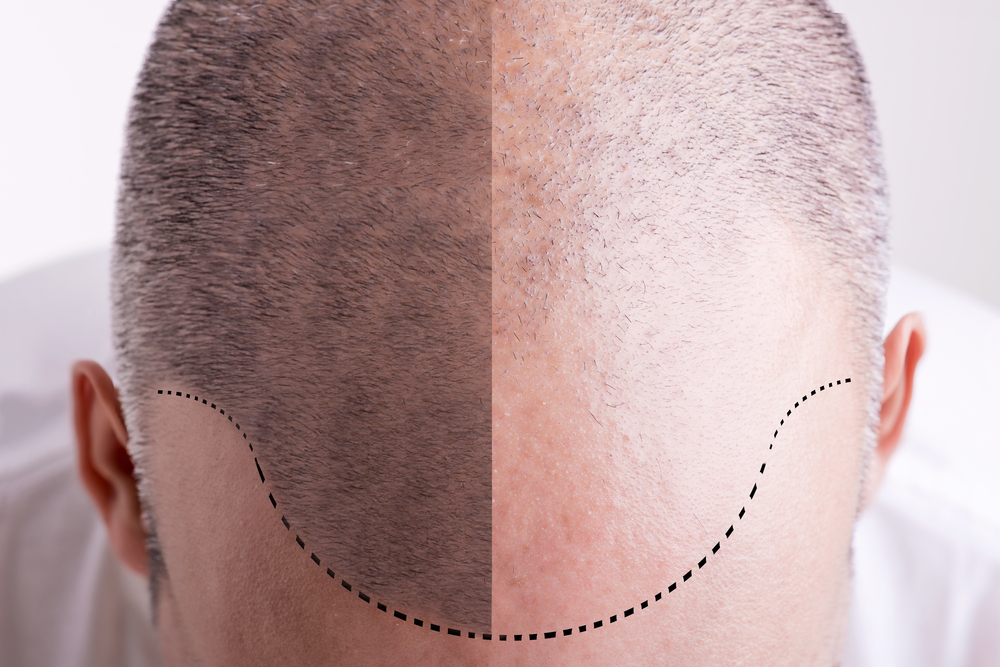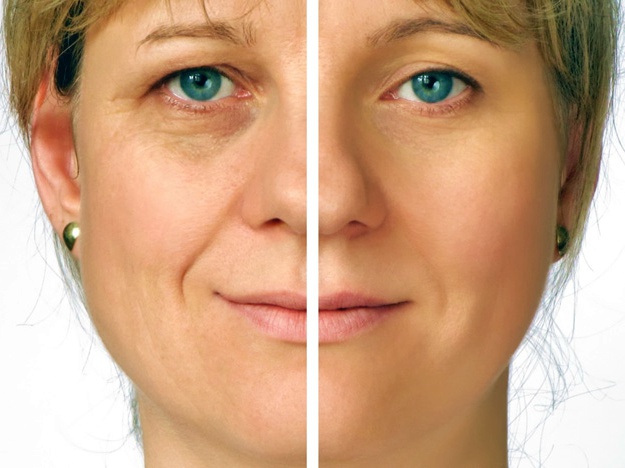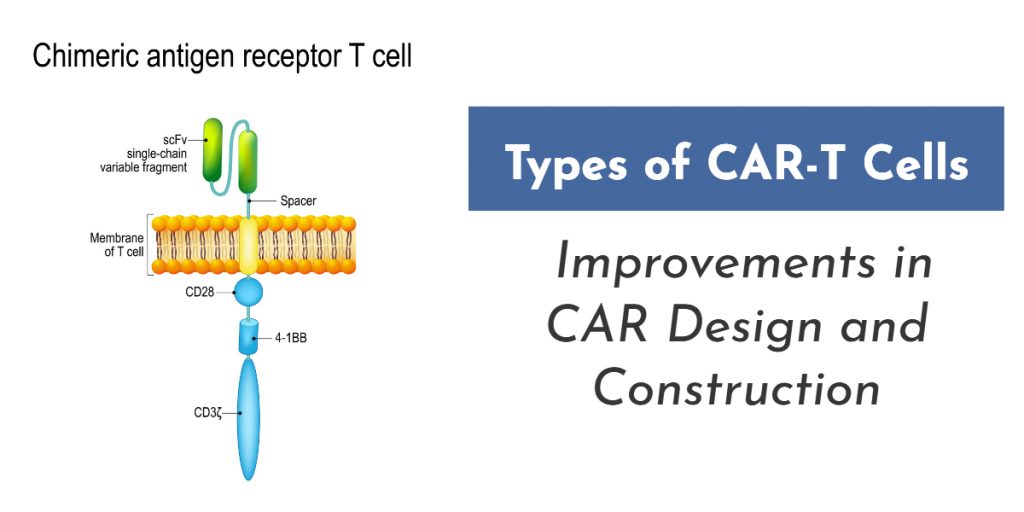Are you exploring the current status of stem cell treatments for osteoarthritis, either for yourself or a loved one? Find out how stem cells are being used within osteoarthritis treatments in the article below.
Stem Cells for Skin and Vaginal Rejuvenation and Hair Regrowth
Learn more about the huge potential of stem cells in skin and vaginal rejuvenation, as well as hair regrowth. In this article:
- Embryonic Stem Cells for Skin Rejuvenation
- Stem Cells for Vaginal Rejuvenation
- Stem Cells for Hair Regrowth
- Are Stem Cells Effective for Rejuvenation Therapies?
Stem Cells in Rejuvenation Treatments
Stem cells can be sourced from a wide range of non-controversial tissues, including fat, bone marrow, and umbilical cord blood and tissue, for example. Researchers discovered the potential of these stem cells in cosmetic medicine, specifically to achieve younger-looking skin. Stem cells from the umbilical cord are young and multipotent, which make them able to take on the characteristics of any tissue they come into contact with. This means they can become specialized cells and divide to produce more stem cells.
When stem cells are injected into the skin after micro-needling or laser (skin-stimulating therapy), they primarily act as copycats. They start to produce collagen as well for the skin. The procedure can help smoothen the skin, reducing the appearance of wrinkles and fine lines. It can also improve skin elasticity.
Stem Cells for Vaginal Rejuvenation
Vaginal rejuvenation involves the maintenance and repair of tissues in the genital area of women. Cosmetic experts can take stem cells from fat tissue, bone marrow, and blood, and isolate them for vaginal rejuvenation use. Once stem cells are processed, it can be injected into the vaginal area to enhance skin texture and tone.
Stem cells then renew the dermis, the skin layer underneath the outside or visible layer. This enriches and provides new life for tissues in the area. The following are some advantages of using stem cells for vaginal rejuvenation:
- It does not require anesthesia upon treatment, which makes it safer and more cost-effective.
- Stem cells can be taken from fat, which is convenient for women who have excess fat.
- It can be utilized to sculpt the shape of a woman’s external vagina for a more attractive appearance.
- It also helps restore proper blood flow, muscle tone, and volume in the area.
- The results feel and look natural.
- It does not leave scars.
Stem Cells for Hair Regrowth

Stem cells promise a bright future in hair regrowth, too. They contain natural growth factors that stimulate hair growth. When injected into the scalp, they have the ability to do as follows:
- regulate melanin, build collagen, and regenerate healthier skin to renew the scalp
- send off chemical signals to shrunken hair follicles to help regenerate and regrow hair
- prevent the patient from encountering the same hair loss problems again
The procedure of stem cell hair transplant is similar to traditional methods. It starts by removing a skin sample, from which the hair follicles will be harvested. These follicles are processed in a lab to separate stem cells from the tissue, and these are then implanted back into the areas of hair loss, stimulating hair growth.
The success rate of stem cells for hair regrowth is promising. An Italian study revealed that there was a 29% hair density increase 23 weeks following treatment. But, the recovery period may vary from person to person.
To learn more about stem cell treatments for hair loss, read this article that dives deeper into the subject.
Are Stem Cells Effective for Rejuvenation Therapies?
Based on the studies conducted on skin rejuvenation and hair regrowth, stem cells show promising effectiveness for these cosmetic treatments. But, more research is still needed to make sure stem cells are completely safe for use in therapies.
Using stem cells for rejuvenation treatments is showing a brighter future, particularly within the realm of cosmetic medicine. The natural ability of stem cells to repair and regenerate is what makes them compelling for these types of applications. Further research may still be needed, but one thing is certain: There is a strong potential for stem cells to be integrated into rejuvenation treatments over time.
Stem Cell Treatments
While BioInformant is a publisher of stem cell industry news, we understandably cannot provide medical treatments or advice. If you have questions about your medical situation or health, we encourage you to contact GIOSTAR. To date, GIOSTAR has completed over 14,000+ treatments at its U.S. and international locations. GIOSTAR’s goal is to offer cutting-edge, extensively researched stem cell therapy options designed to improve a patient’s quality of life.
Click here to schedule a consultation or ask them your question.
Why do you think stem cells have a future with rejuvenation treatments? Share your thoughts in comments below.
Stem Cell Treatment For Hair Loss
The latest development in stem cell research – stem cell treatment for hair loss – shows great promise for stimulating new hair growth. It addresses the problem of thinning hair for both men and women.
When hair growth slows with age, many people feel despondent, depressed, less confident, or unhappy. The prospect of a continuing downhill slide makes the situation worse, which is why stem cell transplant for hair loss has become a large business in the last several decades. [Read more…]
10 Best Stem Cell Beauty Products On The Market Today
Fight the signs of premature aging with these stem cell skin care beauty products. A lot of companies claim to incorporate the benefits of plant and human stem cells, as well as components secreted by them, into the best stem cell beauty products on the market.
Below, we present what appears (based on company claims) to be ten of the best products available today. [Read more…]
Types of CAR-T Cells: Improvements in CAR Design and Construction
What are the types of CAR-T cells and how have they changed in recent years? CAR-T cells are immune cells that are artificially engineered to express a particular chimeric antigen receptor (CAR), which have shown great potential in killing cancer cells. Chimeric antigen receptors (CARs) are artificially produced recombinant receptors having both antigen-binding and T-cell activating potentials.
CARs are composed of an extracellular recognition domain sourced from monoclonal antibodies (mAbs) and an intracellular signaling domain including CD3- and costimulatory domains for triggering endogenous signaling pathways of T-cells. [Read more…]






















